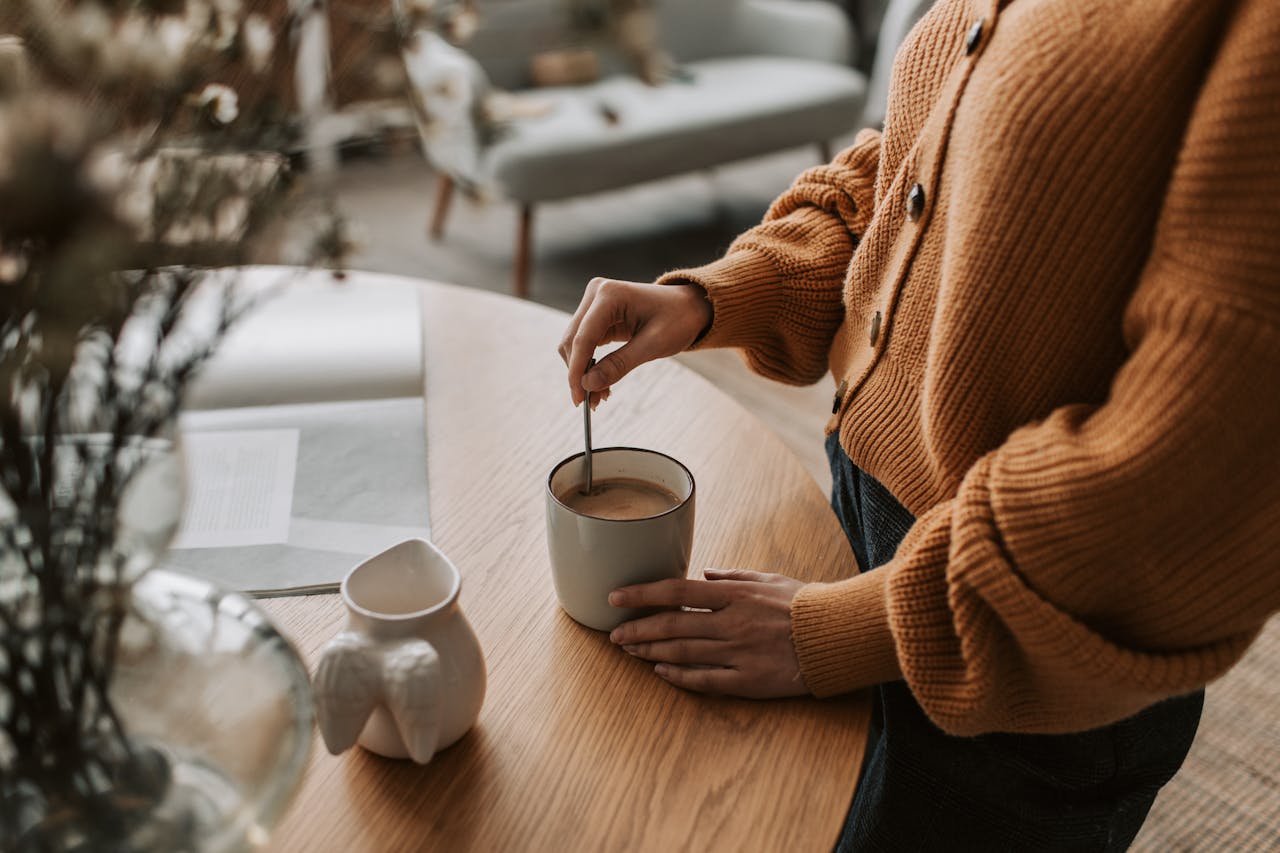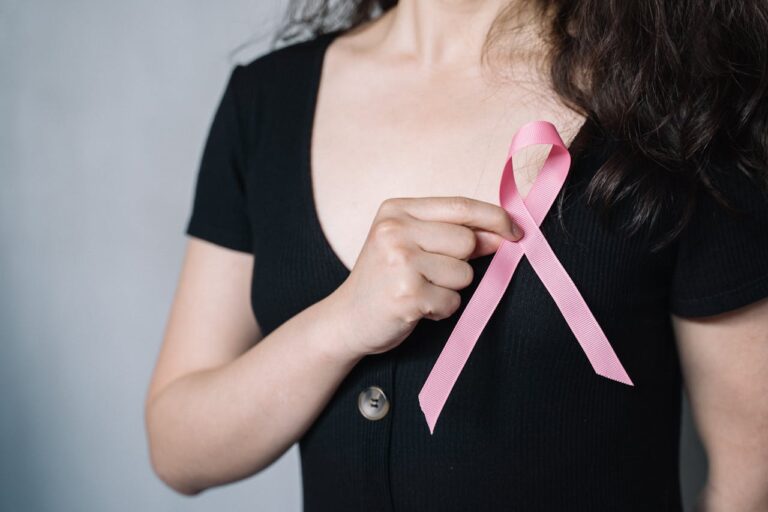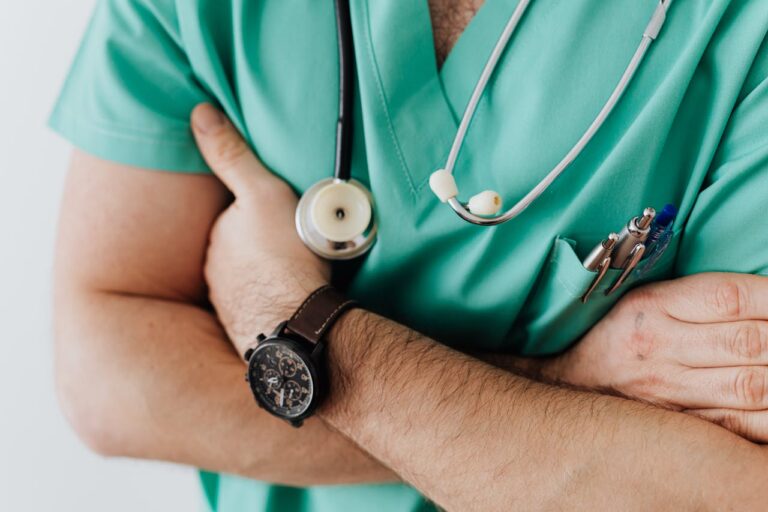For many working women, coffee is a go-to for staying alert and energized. However, it’s important to be mindful of when you consume coffee, especially during your menstrual period. Some believe that coffee can help alleviate menstrual cramps, while others advise against drinking coffee during this time. So, can you drink coffee during your period?
The Downsides of Drinking Coffee During Your Period
Consuming coffee before or during your period can cause breast tenderness, anxiety, irritability, and mood swings. It can also deplete the body’s vitamin B reserves, which disrupts carbohydrate metabolism.
Caffeine, the main active ingredient in coffee, is a stimulant that can affect the nervous and cardiovascular systems, potentially leading to menstrual pain, extended periods, and heavy menstrual bleeding.
Thus, drinking coffee during your period is generally not advisable. Coffee can increase estrogen levels in the body, exacerbating conditions like endometriosis and breast swelling. In severe cases, it may even impact fertility. Additionally, caffeine can accelerate the aging process by causing ovarian aging and reducing the number of eggs in the ovaries.
Experts recommend that women who habitually consume large amounts of coffee are at higher risk of heart attacks. If you must drink coffee, consider waiting until after your period and opt for a cup of black coffee without sugar, which can also aid in weight loss.
Foods to Avoid During Your Period
1. Chocolate
While chocolate is a comfort food for many, it can lead to mood instability and sugar cravings. It also contributes to weight gain and depletes the body’s vitamin B levels.
2. Dairy Products
Dairy products, such as milk, cheese, butter, and yogurt, can hinder magnesium absorption, leading to menstrual cramps.
3. Alcohol
Alcohol depletes the body’s reserves of vitamin B and minerals. Excessive alcohol consumption can disrupt carbohydrate metabolism and increase estrogen levels.
4. Cold and Cooling Foods
It’s best to avoid foods like pears, water chestnuts, water caltrops, winter melon, and bananas, which are cooling and can have a laxative effect. Foods like longan and lychee can prolong the luteal phase, extending the duration of your period. If you wish to delay your period, consuming longan and lychee about two weeks before your expected start date might help, although results vary from person to person.
5. Tea
After menstruation, women often experience a significant loss of iron. Tea, which contains over 30% tannic acid, can bind with iron in the intestines, creating insoluble complexes that hinder iron absorption. Additionally, tea can cause breast tenderness and deplete the body’s vitamin B reserves, further disrupting carbohydrate metabolism.
6. Carbonated Beverages
Women who drink carbonated beverages during their period may experience fatigue and a lack of energy, often due to iron deficiency. Carbonated drinks often contain phosphates, which react with iron in the body, making it difficult to absorb. Furthermore, the sodium bicarbonate in these drinks neutralizes stomach acid, reducing digestion and appetite.
Conclusion
Maintaining a balanced diet and being cautious about what you consume during your period can significantly impact your comfort and health. Avoiding or limiting coffee, alcohol, and certain foods can help you manage menstrual symptoms more effectively. If you’re looking for high-quality period products that align with your needs, visit www.tjberishute.com for more information.
Frequently Asked Questions (FAQs)
1. Is it safe to drink coffee during menstruation?
While some women may tolerate coffee during menstruation, it can exacerbate menstrual symptoms like cramps and mood swings in others.
2. Can coffee affect menstrual flow?
Yes, caffeine can increase estrogen levels and potentially lead to heavier menstrual flow.
3. What foods should I avoid during my period?
Avoid foods that are high in sugar, caffeine, dairy, alcohol, and cold or cooling foods to minimize discomfort.
4. Can drinking tea during my period affect iron absorption?
Yes, tea contains tannins that can bind with iron and reduce its absorption, which is crucial during menstruation.
5. What are some healthier alternatives to coffee during my period?
Consider herbal teas or warm water with lemon, which can be soothing and help with hydration.
6. How can I manage menstrual symptoms naturally?
Focus on a balanced diet rich in iron, magnesium, and vitamin B, and consider light exercise and proper hydration.www.tjbeishute.com.



